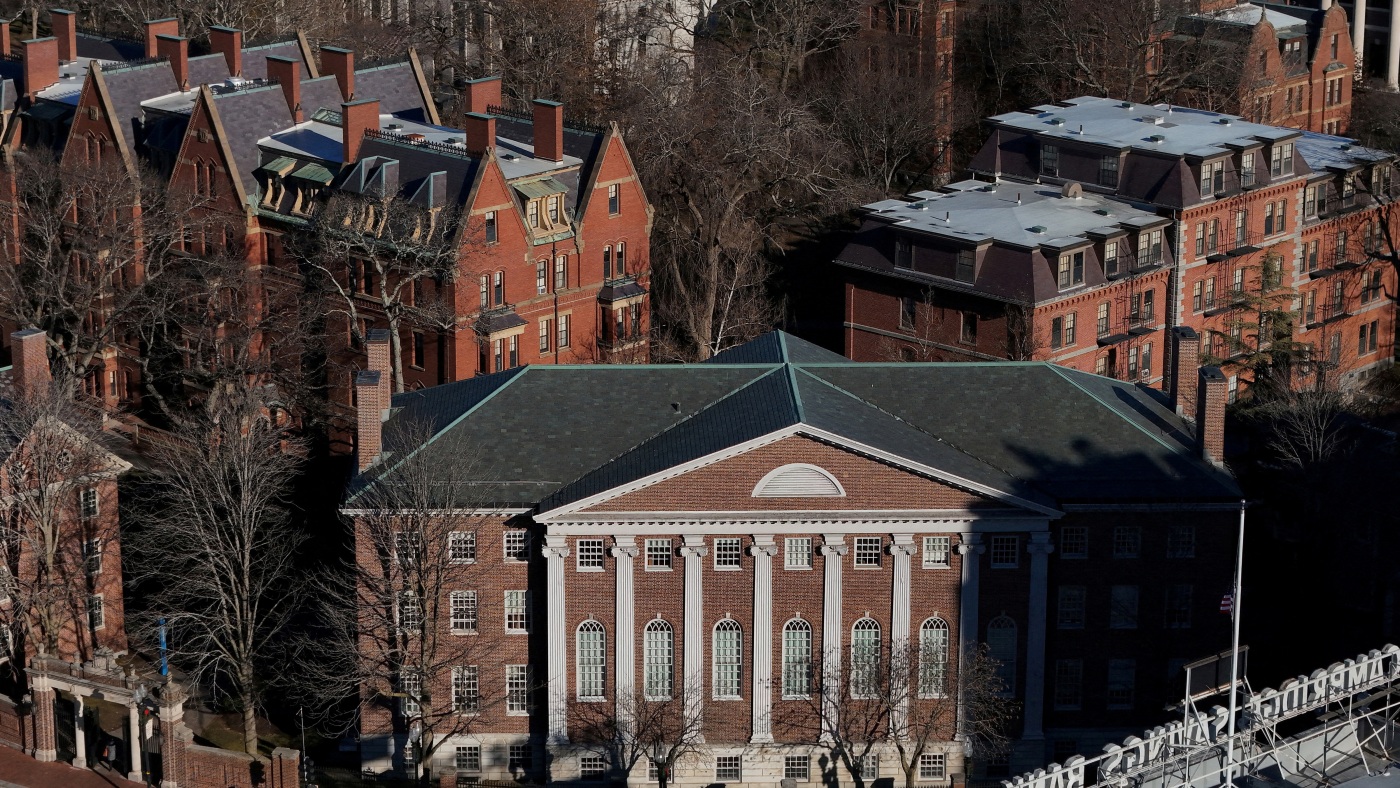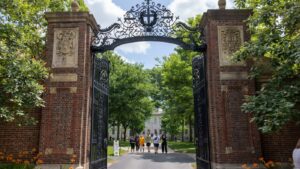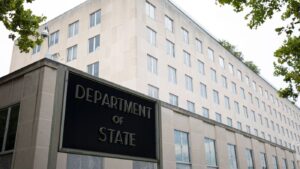Harvard Stands Firm Amid Federal Pressure to Alter Policies
In a dramatic standoff, the Trump administration has taken decisive action against Harvard University by halting over $2.2 billion in long-term grants and contracts. This move follows Harvard’s refusal to comply with governmental demands for changes in its hiring and admissions processes.
Alan Garber, Harvard’s president, communicated through a letter to faculty and students, affirming the university’s stance against the administration’s requirements. These included the removal of DEI programs, screening international students for potential terrorist or anti-Semitic affiliations, and ensuring diverse viewpoints in hiring. The federal government warned that non-compliance could impact up to $9 billion in federal support.
“No government,” Garber stated, “regardless of which party is in power — should dictate what private universities can teach, whom they can admit and hire, and which areas of study and inquiry they can pursue.”
Upon Harvard’s official refusal, the Joint Task Force to Combat Anti-Semitism issued a response criticizing the university’s perceived sense of entitlement and announced the suspension of significant funding.
The task force’s statement emphasized, “The disruption of learning that has plagued campuses in recent years is unacceptable. It is time for elite universities to take the problem seriously and commit to meaningful change if they wish to continue receiving taxpayer support.”
A Harvard spokesperson reiterated Garber’s concerns, highlighting the potential risk to national health, well-being, and economic security should the government withdraw from these partnerships.
Wider Implications for Higher Education
The federal government has been actively challenging universities accused of civil rights violations, targeting DEI programs nationwide. Columbia University saw $400 million in federal money withdrawn following campus protests, while Cornell and Northwestern universities faced funding freezes of $1 billion and $790 million, respectively.
University officials have expressed the difficulty of balancing governmental demands with educational priorities. Leaders from various institutions have spoken to NPR about the struggle to maintain focus on student welfare and academic integrity amidst these federal pressures.
In March, the government initiated a “comprehensive review” of $9 billion in federal contracts and grants involving Harvard, aiming to ensure compliance with civil rights laws (source).
U.S. Secretary of Education Linda McMahon commented on the situation, stating, “Harvard’s failure to protect students on campus from anti-Semitic discrimination – all while promoting divisive ideologies over free inquiry – has put its reputation in serious jeopardy.” She suggested that Harvard has the opportunity to amend its approach and prioritize academic excellence and safety for all students.
In defense, Harvard’s legal team detailed measures taken to combat antisemitism on campus, including disciplinary actions and staff appointments to support these initiatives. They argued that the government’s demands infringe on Harvard’s First Amendment rights and exceed its authority under civil rights law.






